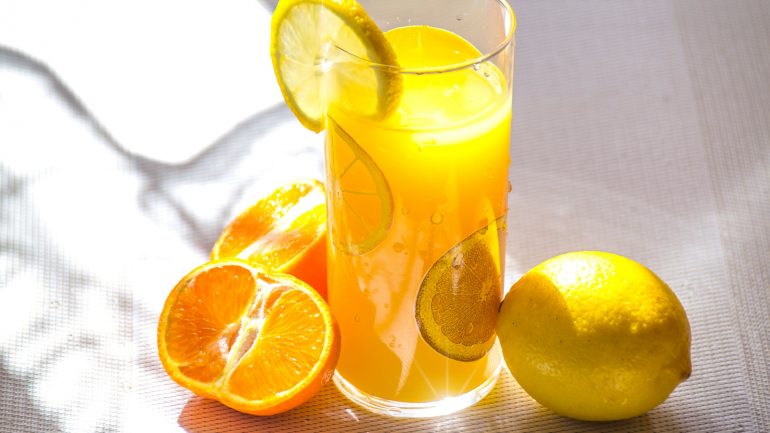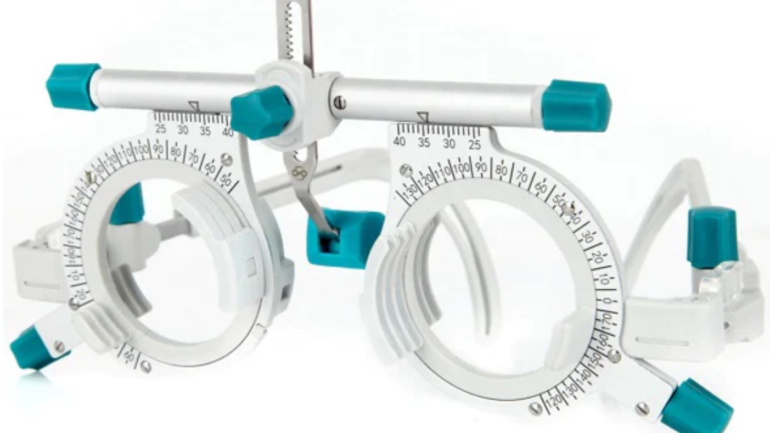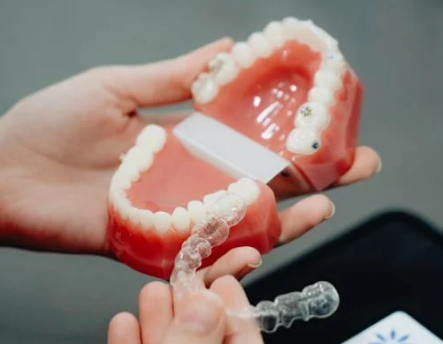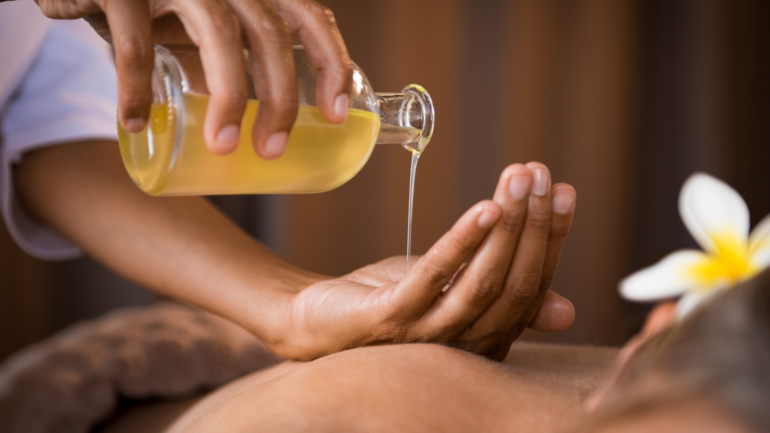If you are on a health kick, or want to keep a closer eye on what your children are consuming then you might have taken to scrutinising food and drink labels. Whilst some nutritional information is obvious, other statements and stats might be confusing. For example, do you know the difference between 100% fruit juice and fruit drinks? Understanding what makes these products different could be very helpful when trying to avoid added sugars in your diet.
Initially when looking for healthier soft drinks for you and your family, you might just pick up the first thing you see with ‘fruit’ on the label, thinking that because it contains fruit it must be good for you, but this isn’t always the case.
Let’s look in more detail at the wording you might come across on drinks packaging and what it means for you:
What is 100% fruit juice?
If you see the wording 100% pure fruit juice or 100% real fruit juice on a label then you know that what you are getting is juice that has been made from the whole fruit or flesh of fresh fruit. It also means that there are no added sugars, sweeteners or preservatives.
Pure fruit juice is a healthy option because not only are you benefiting from the vitamins and minerals found naturally in the fruit, but you are also consuming natural sugars which are a far better option than ‘free sugars’ – which are those added to foods and drinks. Fruits contain natural sugars, which are a mix of fructose, glucose and sucrose. Whilst these same sugars are also found in other foods and drinks, they have been taken from their natural source and added by those manufacturing, cooking or consuming the food. The risks to health are posed by consuming too many of these added sugars, rather than consuming them in their natural state – i.e. whole or pressed fruit.
100% real fruit juice can also count as 1 of your 5 a day, making it a healthy and easy way to reach your recommended daily fruit and vegetable intake.
From concentrate or not from concentrate?
Another statement you might see on fruit drink labels are ‘from concentrate’ or ‘not from concentrate’ (sometimes abbreviated to nfc). Knowing the difference between these two helps you to understand the manufacturing process and where your drink comes from. All fruit juices have to go through some sort of manufacturing process in order to make them safe to drink. In ‘not from concentrate’ juice, the juice has been extracted from the fruit in the country of origin and lightly pasteurised or frozen without any water being removed. It is then chilled and transported to where it will be packed or sold.
On the other hand, in ‘from concentrate’ juices, the juice is extracted from the fruit and evaporated to remove almost all the water. The concentrated juice is then frozen and shipped to the country it will be packed, where it is reconstituted by adding the water back in. The advantage of this method is that the juice is cheaper and easier to transport and has a longer shelf life.
So which is better for you?
You might think that ‘not from concentrate’ juices are better for you, but as long as no other ingredients such as added sugars, flavours and preservatives have been added, ‘from concentrate’ juice is no worse for you. The key to finding the healthiest juice drink is to look for one which has nothing added and is just made with 100% fruit juice.
Which fruit juice is best?
All fruits have nutritional value but some have more health benefits than others. For example:
- Apple juice – high in antioxidants like flavonoids which help neutralise free radicals that can damage cells
- Orange juice – high in vitamin C which is good for skin health and helps you to absorb iron more easily
- Raspberry juice – a good source of vitamin C plus it contains salicylate which acts as a natural blood thinner
- Mango juice – a good source of vitamin A – which is good for eye health
With any type of fruit juice however, it is important to check the calorie and sugar content if you are on a calorie restricted diet or are diabetic. The sugar in fruit juice can also damage your oral health, so drinking juice with a meal can help to minimise the acid attack on your teeth. Remember you can also water down pure fruit juice for kids to prevent them from consuming too much sugar.
Bensons the Juicers create natural fruit juice products, produced on their National Trust Farm in the Cotswolds, using locally sourced fruits. To find out more please visit their website bensonsthejuicers.com.




